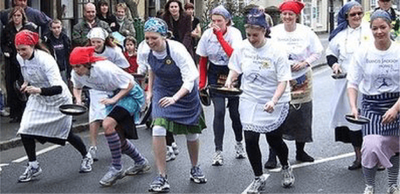|
As we age our brain power diminishes. Fact. However the rate at which it diminishes, and just how much it does so, can vary a great deal.
Keeping your brain active helps. Learning new tasks and hobbies will help keep your mind alert. A good balanced diet with plenty of exercise will help keep both your mind and body in tip top shape. Sadly for some though dementia may still be the future. Genetics of course plays a part. The ever increasing elderly population of the western world has shown that living a long life is not always a bonus. The increase in elderly people with dementia is both staggering and frightening. Research is fighting hard to come up with some positive answers and treatments, and the one discovery is quite simple. Vitamin B Vitamin B is not just one vitamin. There are over the counter supplements which offer B Complex, B12 or B6 for example. UK scientists used Vitamin B in research regarding patients with dementia. It was trialed on 168 volunteers and the results said to have been remarkable. All of the volunteers suffered from some form of memory impairment, often seen as the precursor to Dementia and Alzheimer's. In a typical study half of the "human guinea pigs" were treat with nothing more than a placebo. The Vitamin B given contained high doses of the vitamins B folate (B9), B6 and B12. The volunteers taking the Vitamin B suffered much less brain shrinkage and wastage. This treatment seems to work by controlling levels of an amino acid called homocysteine. High blood levels of homocysteine are linked to an increased risk of developing Alzheimer's disease. Simple I guess The research claims to have shown that "Large daily doses of vitamin B can hal the rate of brain shrinkage in elderly people with memory problems and may slow their progression towards dementia". Researcher's now believe that treating people with early signs of memory loss can slow down the onset of Alzheimer's and dementia. Warning: Researchers advise against trying to take such high levels of Vitamin B without medical guidance. The levels are said to be a "drug" rather than a "vitamin". Getting the balance wrong could do more harm than good. Consult your health professional for the best advice. General information: 16 per cent of people aged over 70 worldwide, are said to suffer with the symptoms associated with very early signs of dementia. 37 million people worldwide live with dementia, or with Alzheimer's disease in the majority of cases Some foods will supply a good amount of natural Vitamin B. Our personal opinion is that eating a diet rich in these Vitamins, whilst you are still under the age of 70 could help you stay brain alert. The foods include, eggs, cheese, lamb, beef, crab, lobster, fish, octopus, caviar, liver and mussels. This list is not exhaustive as some foods provide a good source of say Vitamin B6 or Vitamin B12. For a more thorough breakdown of which foods supply which Vitamin B source read on here. Also http://www.onewomansomanyblogs.com/health-matters/how-does-memory-loss-happen http://www.newtekjournalismukworld.com/latest/new-president-of-alzheimers-uk-david-cameron-calls-for-more-funding
0 Comments
The ways that age can affect your memory
What is it that they say about "You don't know what you have got till its gone?" See I can't even remember that properly. All joking aside most of us seem to worry about loss of memory at some time or another. It may just be that you are under stress, working too hard, have no relaxation time or is it that you are getting old? Memory loss is more often than not associated with ageing but it can happen at any time. If you start to think of your brain as the hard drive of a computer it is easy to see how efficiency problems can occur. Let's face it, usually we regularly defrag our computers, check for errors and repair the problem deleting unwanted files along the way. This is not so easy with your brain. Here is an example. My Mum died in 1975 but to this day, so many years later I can still remember her old telephone number, no prompting needed. Yet if I change my computer password and take a couple of days vacation my mind is not so willing to retrieve the necessary information. Of course, it could be that I am beginning with some form of dementia but I hope not. Such ageing diseases often leave the sufferer able to recall the far distant past in minor detail but unable to remember what they said two seconds earlier. With age most thinking people's brains are simply too full of sometimes outdated and insignificant information. Our brains' data-banks could do with regular spring cleaning. We need to be able to let go of what is no longer relevant, useful or even valid, in order to make room for fresh, pertinent information. This would also no doubt increase our speed of thought. So in other words the old adage you can never get too much of a good thing, is, in reality, bunkum. Our memory is a great thing when you think about it. Images, happenings, conversations and feelings are all nicely stored away for us to utilise when we want. There are times of course when our memory plays tricks on us. We remember that it was always hot and sunny in summer when we were kids. Of course, the winters always had deep, crisp, white snow and everyone laughed all of the time. So we also have selective memory. However, scratch the surface and painful memories are often not far away. The death of a loved one, an illness, an accident, a frightening experience will still be lurking in your memory but perhaps subconsciously you will choose never to see it. I guess it is a fact of life though that, with age our memories may fail us at least a little? Incorrect hormone balances can also leave us forgetful. Whether it be an endocrine problem or female hormone imbalance, either too few or too many, can certainly lead your memory a merry dance. When we are young, say aged 10, we have lived such a short space of time but of course we do not think that we have. However your experiences by the time your are 20 will be considerably more. What about when you are 40, have raised a family, lost a loved one, trained for a career, followed an education, had children, travelled abroad, fought in a war, survived a disaster and so much more? Now consider what you may have experienced by the time you are 60, 70, 80, 90 and more. Added to this mass of information, your memory like all of your other valuable tools, will be a little rusty. Nothing lasts forever and, with time, everything must age, wear and die. Fact. You can try to eat a sensible diet, keep happy, try to keep your mind active with new experiences and look after yourself but some memory loss in inevitable. Some memories need to be regularly aired in order to keep them fresh and accurate. If you have a large family and meet regularly you may reminisce about when you were young. This joint sharing of past experiences helps to keep the memory alive. Once you have no siblings and the like to remember with, these distant memories will dim even more. When you consider just what a huge library your memory is, there's no wonder really, is there, that at times we are all forgetful? However sometimes there are medical reasons for poor mmeory. Check out five causes here. More; http://www.webmd.com/brain/memory-loss https://www.nia.nih.gov/alzheimers/publication/understanding-memory-loss/serious-memory-problems-causes-and-treatments |
Archives
March 2020
Categories
All
|

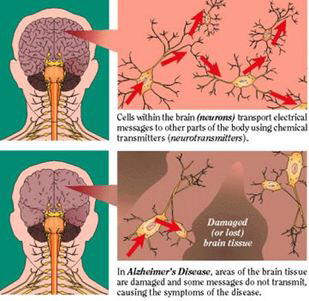


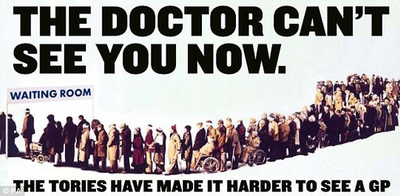
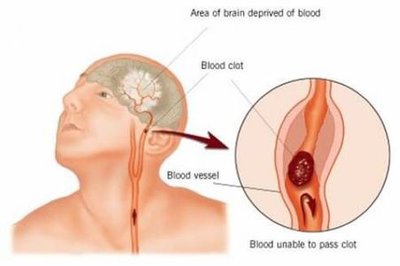
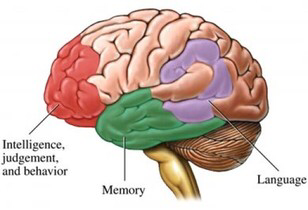
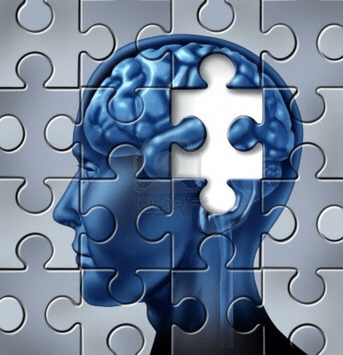
 RSS Feed
RSS Feed

